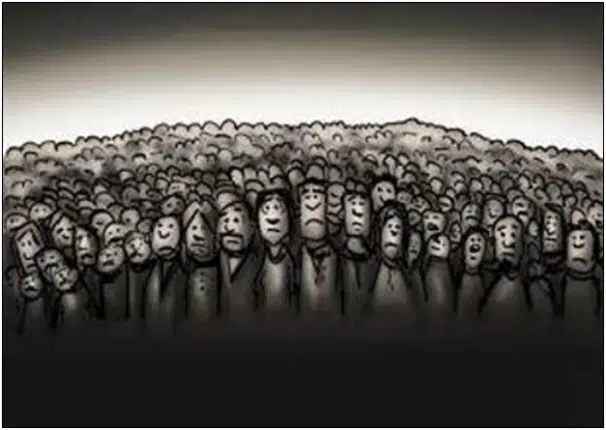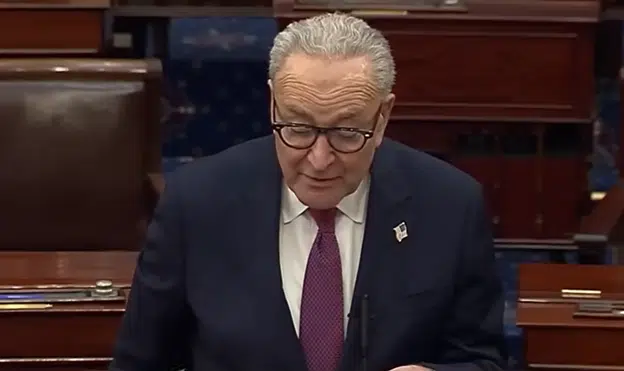By Bill Wilson — With Scott Walker’s crushing victory over Tom Barrett to retain his seat as Governor of Wisconsin, the nation may be reaching a critical turning point over the fundamental relationship between taxpayers and public employees. Between the government, and the governed.
Predicated on the consent of the governed, the U.S. experiment with democracy has reached a fundamental crossroads. Where the American people will either choose either a path that will enslave taxpayers to pay for the level of government that the government demands, or a sustainable, responsible fiscal path based on what can be afforded.
With the defeat of Senate Bill 5 in Ohio in Nov. 2011 and various reform measures in California in 2005 both via referendum, it looked as if perhaps the power wielded by the public sector unions was an insurmountable political force.
In California, those measures would have limited teacher tenure, made public union political contributions require written consent by employees, and imposed state spending limits. In Ohio, Senate Bill 5 would have restricted collective bargaining for public sector employees on health and pension benefits.
Much of the same policies were invariably implemented by Walker in Wisconsin despite strong opposition from the unions.
His plan, as enacted, limits state employees from being able to collectively bargain anything except wages, giving the legislature full authority once again over expensive health and pension benefits. Instead, it requires state employees to contribute half of the cost of their pension payments and 12 percent of their health care premiums.
And why shouldn’t government employees pay their fair share for their own benefits?
Walker went even further to break the back of the political power wielded by the unions, prohibiting state agencies from collecting union dues. But the real axe to their power was providing public employees with an annual vote on whether to keep their public employee union.
With the opportunity, many employees are opting out of the union system, preferring to negotiate individually with their employers. This is costing millions of Big Labor’s political coffers, and costing labor bosses their jobs.
And that, more than any other provision, is what is hurting Big Labor —and their Democrat Party patrons — the most. It is why they have spent upwards of perhaps $50 million to oust Walker.
But it was all for naught.
For once, the voters have chosen to rein in the beast. For once, a state, in this case Wisconsin, said no to the unions.
Walker’s win in Wisconsin should prove that given an opportunity voters will not simply vote for themselves more benefits at other taxpayers’ expense. Judging by Walker’s margin of victory, with more than 53 percent of the popular vote, at least some union members voted for Walker. This hopefully will provide much-needed courage to other politicians across the nation to take on and defeat the seemingly all-powerful public employee unions — and the looming insolvency their demands threaten states and localities with.
Public employee unions have for decades transformed public servants into the taxpayer’s masters in local, state and federal government. No longer. With Walker’s win, this is the first step in restoring the consent of the governed. And not a moment too soon.
Bill Wilson is the President of Americans for Limited Government. You can follow Bill on Twitter at @BillWilsonALG.







